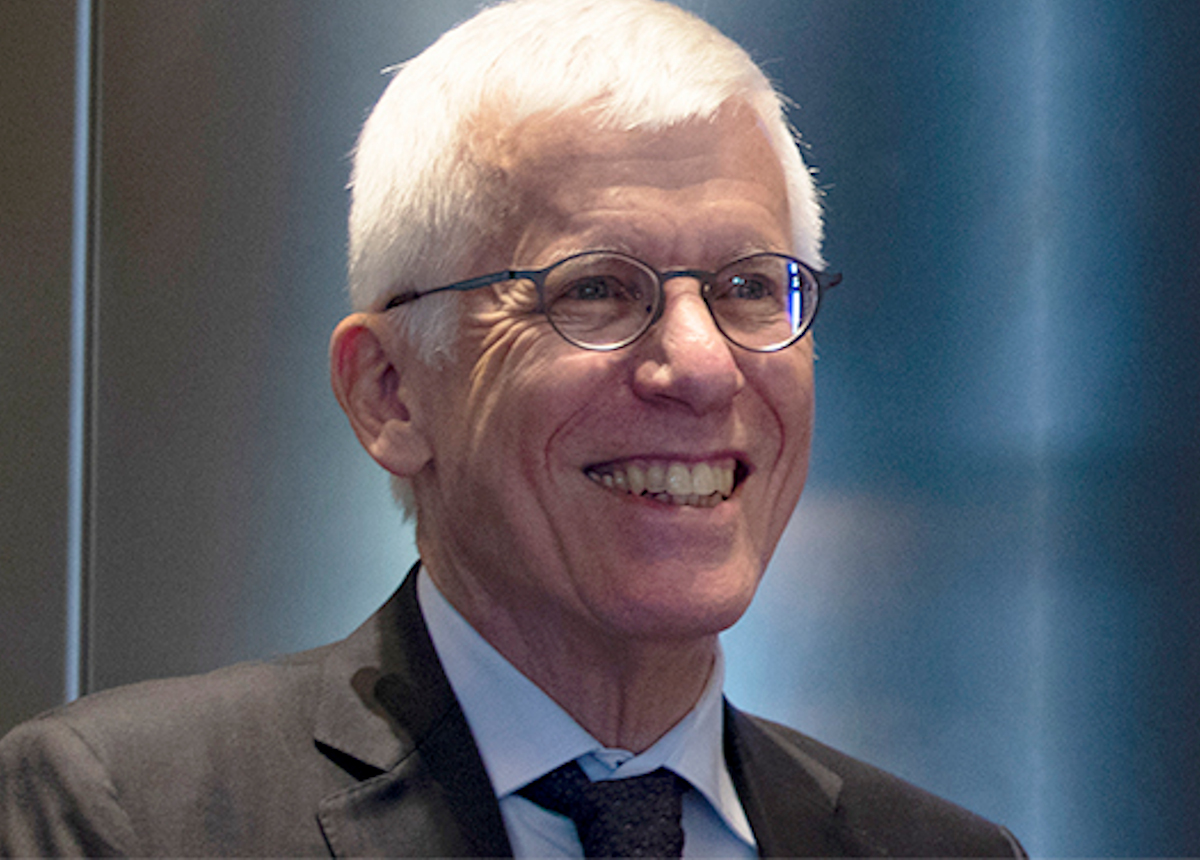The COVID-19 Epidemic: Research During the Pandemic
May 18, 2020
We are already learning about these complexities as academic institutions across the country, including the Colorado School of Public Health, begin to restart human subjects research. Some of the school’s research builds on data already collected, i.e., secondary data analysis, while other studies include clinical trials and observational studies involving interactions with participants that may include collection of data and biospecimens and completion of various tests and assessments, i.e., primary data collection. Our research involving direct contact with participants ended several months ago and we are now considering how to restart such studies safely.
A committee led by Cathy Bradley, Associate Dean for Research, has thoughtfully laid out an approach for moving forward, placing safety of participants and staff as the top priority. The details are demanding: assuring that staff and participants in contact with one another are not ill, maintain distance, and use masks. There are added complexities when participants are brought onto campus or staff travel to homes or other venues to interact with participants. And, there are scientific implications related to differential participation rates and changes in how information is collected through different modalities. One concern is that those susceptible to the SARS CoV-2 virus may be reluctant to participate in research. We will work through restarting research in the “new normal” but will need to contend with added challenges.
Much has already been learned about research in the COVID-19 era. In the few months of the pandemic, there are already sweeping consequences for long-standing publication processes and lessons learned on policy translation of findings. In this “partisan pandemic,” research findings may be viewed through quite different lenses. One prominent example has been the “Stanford Study” of the prevalence of antibodies in Santa Clara County. When initially reported, the findings were presented as indicating an infection rate with the SARS CoV-2 virus far higher than other estimates, implying that case-fatality could be much lower than generally assumed and that progress towards herd immunity could be more rapid than anticipated. These findings were seized on by critics of shut-down policies. Although not peer-reviewed and revised after first being posted, methodological limitations of the study were highlighted in a wave of commentaries and potential conflict of interest related to a funding source has been raised.
Research on and use of the anti-malarial hydroxychloroquine has also been politicized in the United States and elsewhere. The story of hydroxychloroquine is well known, including its championing as a therapeutic agent by President Trump and by selected media. Initial findings of a clinical trial in Brazil raised concerns about toxicity at the higher dose in the trial and two other trials have not shown benefit. Contention with President Bolsonaro of Brazil over hydroxychloroquine has been cited as one factor leading to the recent resignation of the country’s Minister of Health after four weeks in office.
These two episodes are a reminder that research has consequences and that impact may be immediate and politicized in the rapid-fire news and policy cycles of the COVID-19 epidemic. Research standards cannot be relaxed. In a Policy Forum in Science entitled “Against pandemic research exceptionalism,” London and Kimmelman propose that “crises are no excuse for lowering scientific standards.” There is no alternative to rigorous clinical trials for testing therapeutic agents (and vaccines when available).
The story of the Stanford study speaks to the challenge of peer-review as researchers respond to the epidemic by urgently releasing their findings in preprints. The number of papers is monumental, estimated to have grown by 4,000 last week as reported in a recent article in Science. Curated collections are being created and artificial intelligence tools developed for assessment. Conventional peer-review can’t keep up and a high percentage of preprints may remain unreviewed and “unpublished.”
There may be unfortunate consequences of the rush to post without peer review. For example, a limited French cross-sectional study was interpreted as suggesting that smoking and nicotine might reduce risk for more severe COVID-19 and a trial involving nicotine patches is now underway in France. I was surprised by the finding and the implementation of an interventional study. Both the 2004 and 2014 reports of the Surgeon General on smoking, which I edited, concluded that smoking increases risk for respiratory infections, including pneumonia. And, subsequent studies have not confirmed the finding of the French study.
Online critiques are helpful, but cannot yet replace true peer review and the evaluation brought through the peer review and editorial processes. We have learned that preprints with meaningful findings receive attention and peer evaluation, and this open process has proved informative for some papers. Publication and peer review may also be transformed by the COVID-19 epidemic.
One more epidemic book to recommend, as I continue to plow through a large stack: When Germs Travel by Howard Markel, a physician-historian. These stories of six different epidemics and the lessons learned mirror the conclusions of The Great Infuenza. And a paper in Health Affairs addresses the consequences of social distancing nationwide.
Wear your mask, and don’t miss this week’s historic virtual convocation on Thursday, May 21 at 3 p.m. The link will be posted on our website’s Convocation page and shared on Thursday.
Categories:
Colorado School of Public Health
|
Tags:
ColoradoSPH COVID-19 Dean's Notes
ColoradoSPH Dean's Notes


